All weddings in Scotland require some paperwork and this is processed by the local Registration office in the area where your marriage is to take place.
If you are having a civil ceremony please check the availability of a registrar once you have decided on a date for your wedding.
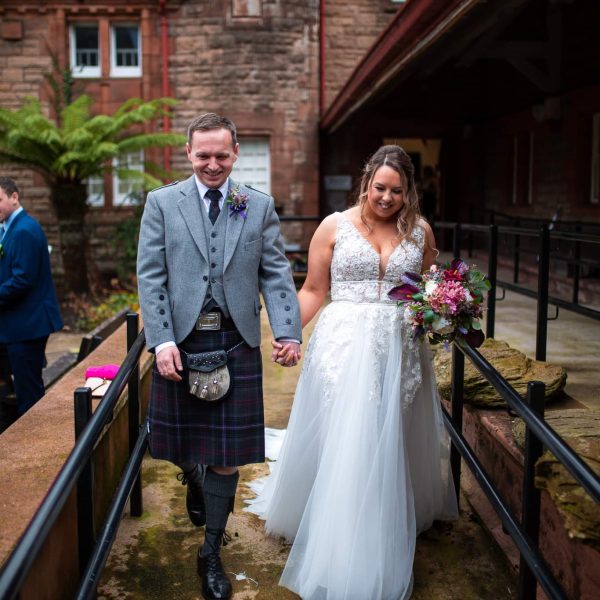
Who can be married in Scotland?
Any 2 persons, regardless of where they live, may marry in Scotland provided that:
- Both persons, are at least 16 years of age on the day of their marriage
- They are not related to one another in a way which would prevent their marrying
- They are unmarried and not in a civil partnership (any person who has already been married or registered as a civil partner must produce documentary evidence that the previous marriage or civil partnership registration has been ended by death, divorce, annulment or dissolution)
- They are capable of understanding the nature of a marriage ceremony and of consenting to marriage.
- In the case of opposite sex marriage, the marriage would be regarded as valid in the party’s country of domicile.
- If you are in a qualifying civil partnership, you can change it to a marriage – a qualifying civil partnership is a civil partnership which was registered in Scotland and which has not been dissolved, annulled or ended by death.
Your Marriage Paperwork
The legal requirement to marriage in Scotland is that both parties to a proposed civil or religious marriage submit marriage forms to the registrar of the district in which the marriage is to take place informing of their intention to marry. If you intend to lodge notice in person, please contact the local registrar before doing so an appointment may be required.
When sending in your documents please send them by recorded delivery and note PERSONAL on the envelope so it comes directly to us. If handing your documents into the office, please contact the Registrar beforehand as you might need to make an appointment.
When getting married both parties need to complete marriage notice forms (M10). Forms can be downloaded from our website, National Records of Scotland or they can emailed/posted to you by a registrar.
The earliest your paperwork can be submitted is 3 months before the date of your wedding and no later than 29 days before the date of the event. We would advise that you do not leave it any later than 6 weeks before the date to ensure your paperwork is in order and is processed in time.
The forms should be returned with the following documents;
- Both parties have to submit their birth certificates (originals not photocopies and translations if needed)
- Copies of passports to verify nationality
- Evidence of EUSS status for EEA passport holders (more details below)
- Proof of residency for each of you (copies of valid driving licence, council tax bill for the current year, utility bill dated within 3 months or a bank statement dated within the month)
- If either of you have previously been married or in a civil partnership we will require relevant documentation to prove you are free to marry e.g. Original Divorce Documents, Death Certificate. (originals not photocopies and translations if required)
*Please note * – if submitting foreign divorce documents then a separate questionnaire will also need to be completed.
- Full names and addresses of your two witnesses who must be over 16 years of age
- The appropriate payment
- If subject to immigration you should contact the UK Border Agency (Tel: 0300 123 2241) for advice about entry requirements to the UK under the immigration rules for marriage.
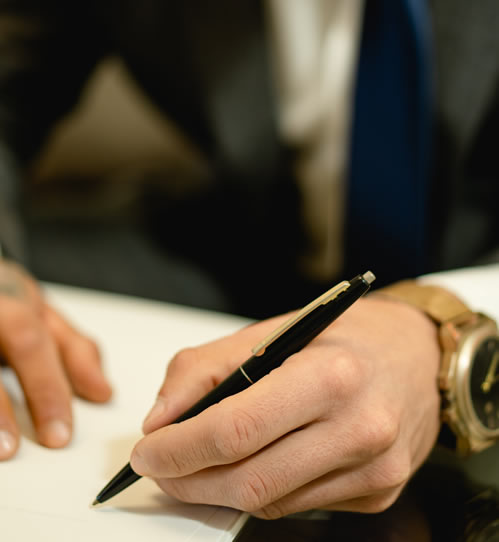
Persons Subject to Immigration Control
A marriage visa is not required to give notice of marriage but it may be required to enter the UK. We strongly suggest that you check what is required by the Border Agency if this applies to you. Anyone who is not a British Citizen must complete a Declaration Status by Non UK Nationals form.
For EEA Passport Holders
From 1 July 2021, changes have come into effect which bring European Economic Area (“EEA”) citizens within scope of the referral and investigation scheme.
The referral and investigation marriage scheme applies to couples where one or both parties could gain an immigration advantage from the marriage or civil partnership and allows the Home Office to investigate and take enforcement action where appropriate. Holders of relevant marriage visas (such as a marriage visitor visa or fiancé visa) or those with an appropriate immigration status (exemption from immigration control or settled in the UK) are exempt from referral to the Home Office.
However EEA citizens with
- an immigration status granted under the EU Settlement Scheme (EUSS) or
- a pending application to the EUSS, or
- Irish citizens
are exempt from the referral scheme. These groups also remain exempt from the requirement for a mandatory marriage visitor visa if they are travelling to the UK for that purpose.
EEA citizens (with the exception of Irish nationals) are no longer be able to use their national ID card as evidence of nationality when giving notice of intention to marry or register a civil partnership.
A person with EUSS status is required to share their status through the online EUSS status checker tool. The holder must request a six digit ‘share code’ and provide this code to the registrar when they give notice to marry. This code can be requested by the individual on the ‘view and prove your settled or pre-settled status page’ on GOV.UK at: https://www.gov.uk/view-prove-immigration-status.
Each person who is not a British Citizen must complete a Declaration Status by Non UK Nationals form and return it with their marriage notices and other documentation.
Elopement
The dictionary definition of an elopement is:
Noun: to leave home secretly in order to get married without the permission of your parents.
Our definition of an elopement is an intimate relaxed, personal marriage between two people where all of the focus is on their love
We’ll leave it up to you to decide whether or not you keep it a secret
The Argyll and Bute registrars love weddings, big or small, get in touch to start planning your perfect day!
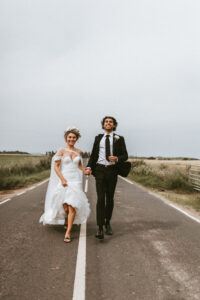
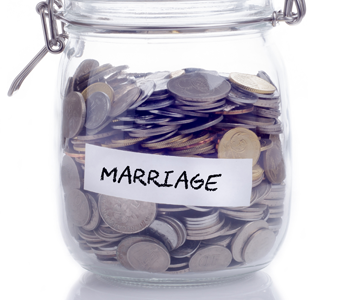
Fees
Fees are subject to increase at any point in the year so please get in touch with the local registrar before sending in your paperwork and they will advise of the correct charge.
The fees can be paid by cheque (made payable to Argyll and Bute Council) or you can pay by card at our offices or over the phone or by bank transfer.
Our offices are currently open part time 9-12pm but you can reach us by phone and email 9am-5pm Monday to Friday.
Civil Ceremonies by a Registrar
We can either keep any original documents you have posted to us until the day of your wedding or if required they can be returned by recorded delivery (a fee for this will be added).
Once you have submitted your paperwork for marriage and we are aware of which registrar will be conducting your ceremony they will email a template ceremony to you to look over. This is a guideline of how the ceremony can flow. We are more than happy to alter our ceremony in any way to suit you and make it more personal for you both, by including your own personal words to each other, readings, unity candles, poems or a story of your life together so far.
It’s your day and we want to make it as special as possible. Please let us know of any ideas that you have and copies of any readings.
Check out our ceremonies pages for inspiration.
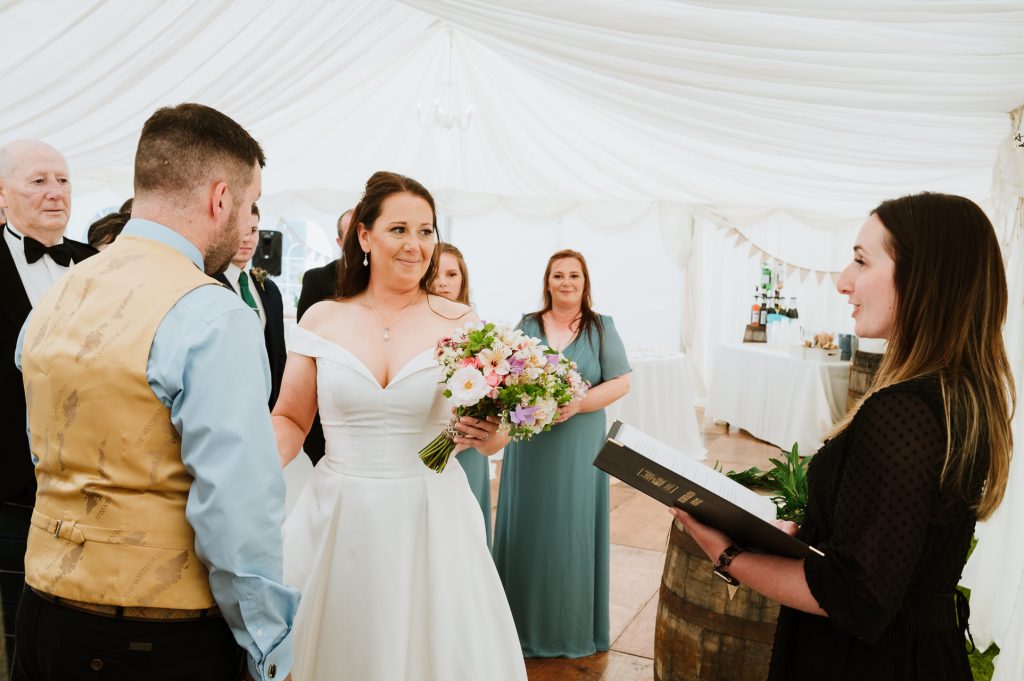

The Marriage Schedule
The marriage schedule provides the authority for a marriage to proceed and is produced once the registrar is happy that there is no legal impediment to the marriage.
It is a document that is signed after the wedding ceremony by both parties to marriage, the authorised registrar/celebrant and two witnesses. The Schedule is a very important document- no marriage can proceed without it.
Civil Marriages by a Registrar
If you are being a civil ceremony by a registrar they will bring the marriage schedule with them to the ceremony and then take it away afterwards to register the marriage. This helps to take the stress of you visiting the office on the week of your wedding.
Religious or Other Belief Marriage (Minister/Priest/Humanist/Celebrant)
- the marriage schedule will be issued by the registrar only to the couple being married. The schedule cannot be issued more than 7 days before the marriage and the registrar will advise you when to attend to collect it.
- The marriage schedule must be given to the person conducting the marriage ceremony before the ceremony begins.
- Immediately after the ceremony the schedule must be signed in black fountain pen only, by all parties.
- It must be returned to the registrar within three days so that the marriage can be registered.
Marriage Certificate
When submitting your paperwork for marriage, the fee for a marriage certificate is included.
After the wedding when your marriage schedule has been returned to the registration office, your marriage will be registered and marriage certificate produced.
This can then be posted to you or collected from the registration office. You can obtain additional copies of the marriage certificate from the registrar on the payment of the appropriate fee.
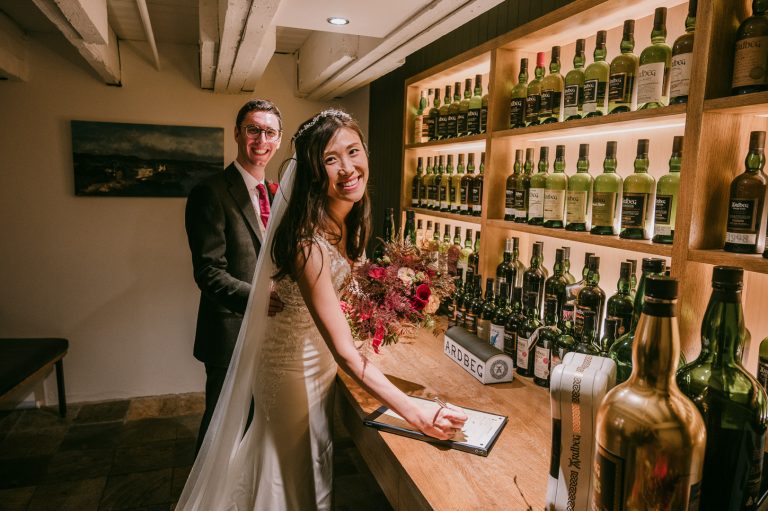
Marriage or Civil Partnership?
It is now possible for couples who are the same or mixed gender to choose to enter into a marriage or a civil partnership. Scottish Government have now released a guide on the differences and legalities of these relationships to help couples to make an informed choice, you can view the guide here. Remember your local registrar is happy to help you with any questions or to help you enter into a marriage or civil partnership.
Getting Married Abroad
I have decided to get married abroad. What documents will I need to provide?
You should contact the Consulate/Embassy for the relevant country for advice on what documentation will be required for marriage, as each country is different.
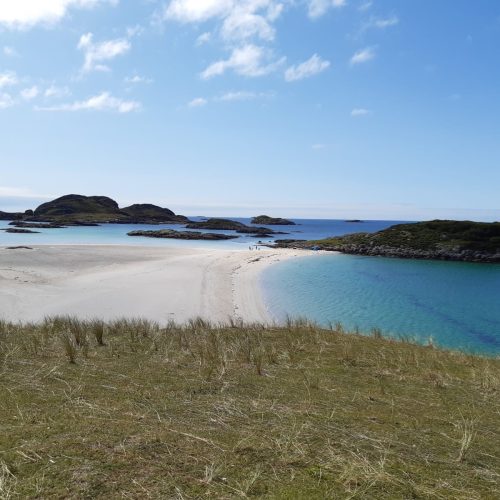
Certificate of No Impediment – CONI
If you are resident in Scotland and are asked to provide evidence that you are free to marry your local registrar can provide a Certificate of No Impediment (CONI) to the country you are being married in, you can apply no earlier than 3 months before the date of the wedding to your local registrar.
You must complete a marriage notice form (M10) and submit it with your original birth certificate and if you have been married/in a civil partnership before, you must also submit the relevant documentation for the marriage/civil partnership ending along with the fee.
You will need to supply some details about your partner to marriage.
The registrar will then be able to issue the CONI 29 days after the submission of the marriage notices and fees. The CONI is then valid for 3 months from the date of issue.
If you are not resident in Scotland you will not be able to obtain a CONI.
However, if the authorities of the country where your wedding is to take place require evidence that you are free to marry, the marriage section of National Records of Scotland can provide a “To Whom It May Concern” letter stating that a search of the marriage indexes in Scotland has been made and no trace of a marriage involving you has been found. The letter can also be provided for other purposes, for example, taking up residence in another country.
If you require such a letter, you should forward the following information by email to marriage@nrscotland.gov.uk when you apply to Marriage Section at New Register House:
- Your full name and postal address.
- The reason for requiring letter
- Your date and place of birth.
- Your mother’s maiden surname.
- If you have been i) married before, name of previous spouse and date and place of divorce; or ii) widowed, spouse name and date of death
The fee for the letter is GBP5 for every 5 years or part of 5 years searched from:
- i) age 16 if you were born in Scotland and have never been married before; or
ii) the date of divorce/death of spouse if widowed; or
iii) date of taking up residence in Scotland if you were born outside Scotland
If you are paying by cheque or postal order, it should be made payable to “The Scottish Government”.
If you wish to pay by credit/debit card, you can email your details to Marriage Section at marriage@nrscotland.gov.uk who will advise you further.
The address of New Register House is on our where to find us page
I am getting married abroad and require my birth extract authenticated. How do I go about this?
An “authentication” can be provided by the National Records of Scotland for a fee.
Please contact Authentication of extracts section:
National Records of Scotland
General Registration Unit
Room 35
New Register House
3 West Register Street
Edinburgh
EH1 3YT
Email: grusupport@nrscotland.gov.uk
Telephone: 0131 314 4452
They will be glad to help and will advise you of the current fee.
Please note that an “authentication” is not acceptable to every foreign government and some ask for what is called an “apostille” to be written on the back of an extract.
I require to have my certificate legalised, how do I go about this?
An apostille is when a document requires to be legalised, this procedure is governed by Hague Conference on Private International Law (1961) and the Foreign and Commonwealth Office is responsible for adding the ‘apostille’ (certification).
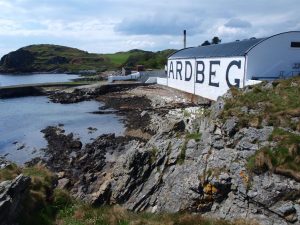
I want to register my foreign marriage in Scotland. How do I do this?
Only marriages that occur in Scotland can be registered in Scotland.
Prior to 1 January 2014, foreign marriages documents could be deposited with this office using a service provided by the Foreign and Commonwealth Office (FCO). Photocopies of these documents can still be obtained from this office for a fee. Details of the marriage are also included in our marriage indexes.
From 1 January 2014, the FCO have discontinued this service and British nationals overseas will need to make their own arrangements for the safekeeping of these certificates, as they do for other important documents.
Book of Scottish Connections
However, you may be interested to know about National Records of Scotland have a Book of Scottish Connections (BSC). The BSC is a public record that allows people all over the world, with a Scottish connection, to apply for a birth, death, marriage or civil partnership abroad to be recorded in the BSC held by the Registrar General in Edinburgh.
For more information please see the National Records of Scotland website regarding the Book of Scottish Connections.

